All Formats & Editions
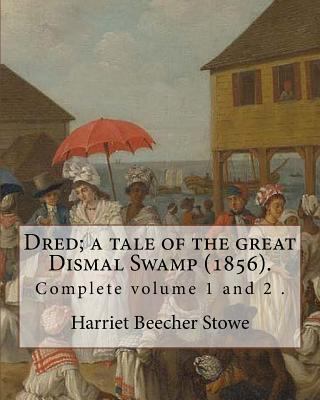
Dred; a tale of the great Dismal Swamp (1856). ...
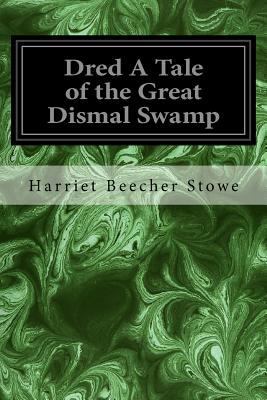
Dred A Tale of the Great Dismal Swamp
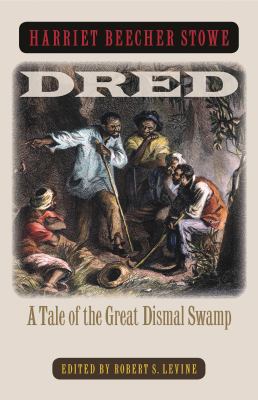
Dred: A Tale of the Great Dismal Swamp
Harriet Beecher Stowe's second antislavery novel was written partly in response to the criticisms of Uncle Tom's Cabin (1852) by both white Southerners and black abolitionists. In Dred (1856), Stowe attempts to explore the issue of slavery from an African American...
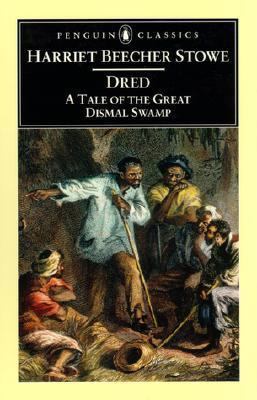
Dred: A Tale of the Great Dismal Swamp (Penguin...
Stowe's second anti-slavery novel, the sequel to Uncle Tom's Cabin, is an essential primary text for students of literature and history. This vigorous and compulsively readable story, masterfully edited by Newman, combines thought-provoking themes, rich characterization, satire,...
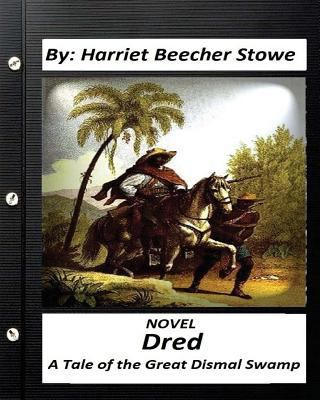
Dred: A Tale of the Great Dismal Swamp.NOVEL By...
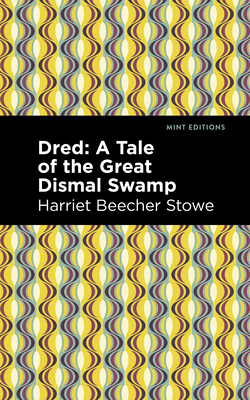
Dred: A Tale of the Great Dismal Swamp
Dred: A Tale of the Great Dismal Swamp (1856) is a historical novel by Harriet Beecher Stowe. Although her career peaked with the publication of abolitionist novel Uncle Tom's Cabin (1852), Stowe continued to work as a professional writer throughout her life...
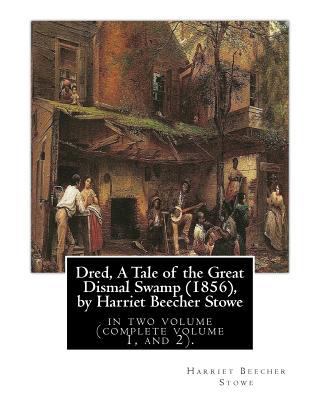
Dred, A Tale of the Great Dismal Swamp (1856), ...
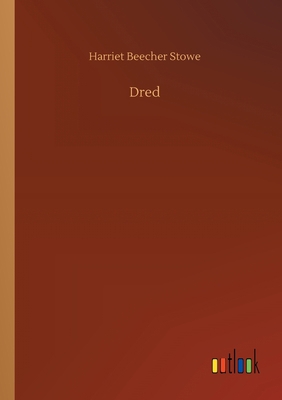
Dred
Reproduction of the original: Dred by Harriet Beecher Stowe
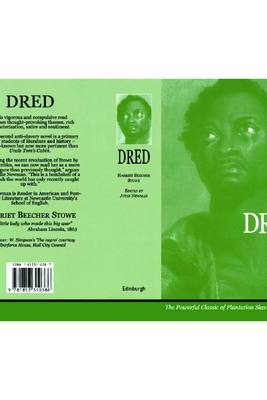
Harriet Beecher Stowe: Dred: A Tale of the Grea...
Dred: A Tale of the Great Dismal Swamp, ed. Judie Newman
This, the first modern edition of Stowe's second abolitionist bestseller, launched the novel back into the American literary canon, as a compelling dramatization of a heroic black revolutionary leading a community...
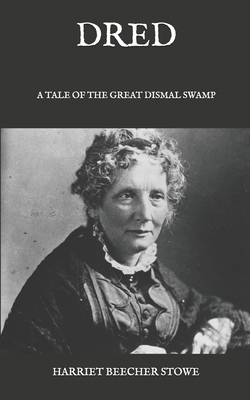
Dred: A Tale of the Great Dismal Swamp
![DRED; A TALE OF THE GREAT DISMAL SWAMP [2 Volumes] B00BHCH4QS Book Cover](https://m.media-amazon.com/images/I/412Mf7g5lmL._SL500_.jpg)
DRED; A TALE OF THE GREAT DISMAL SWAMP [2 Volumes]
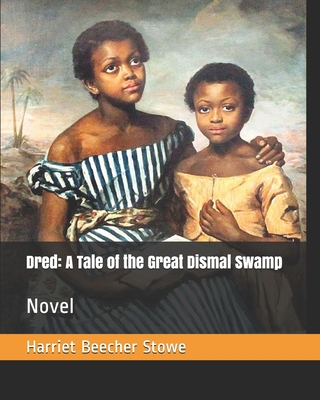
Dred: A Tale of the Great Dismal Swamp: Novel
Dred: A Tale of the Great Dismal Swamp is the second popular novel from American author Harriet Beecher Stowe. It was first published in two volumes by Phillips, Sampson and Company in 1856. Although it enjoyed better initial sales than her previous, and more famous, novel Uncle...
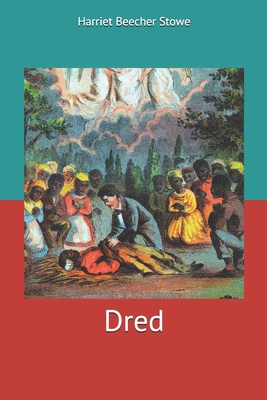
Dred
Through the compelling stories of Nina Gordon, the mistress of a slave plantation, and Dred, a black revolutionary, Stowe brings to life conflicting beliefs about race, the institution of slavery, and the possibilities of violent resistance. Probing the political and spiritual...

Dred; A Tale of the Great Dismal Swamp, Togethe...

Dred; a Tale of the Great Dismal Swamp
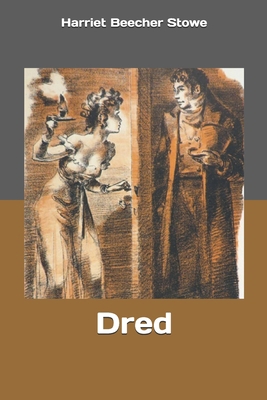
Dred
Harriet Beecher Stowe's second antislavery novel was written partly in response to the criticisms of Uncle Tom's Cabin by both white Southerners and black abolitionists. In Dred, Stowe attempts to explore the issue of slavery from an African American perspective.
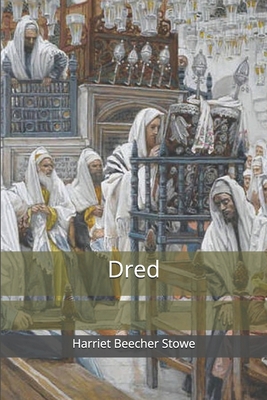
Dred
Harriet Beecher Stowe's second antislavery novel was written partly in response to the criticisms of Uncle Tom's Cabin by both white Southerners and black abolitionists. In Dred, Stowe attempts to explore the issue of slavery from an African American perspective.
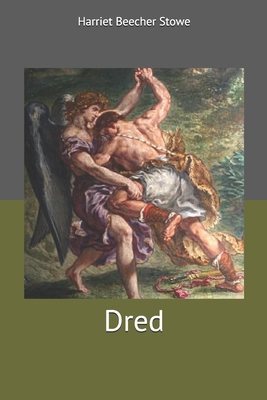
Dred
Harriet Beecher Stowe's second antislavery novel was written partly in response to the criticisms of Uncle Tom's Cabin by both white Southerners and black abolitionists. In Dred, Stowe attempts to explore the issue of slavery from an African American perspective.
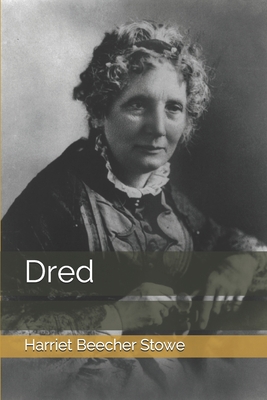
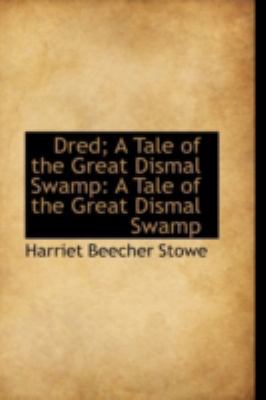
Dred; A Tale of the Great Dismal Swamp: A Tale ...
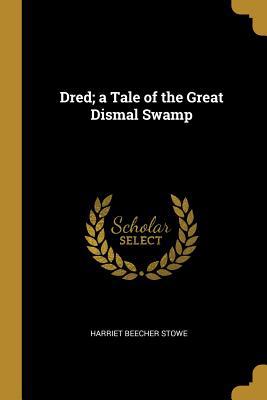
Dred; a Tale of the Great Dismal Swamp
This work has been selected by scholars as being culturally important, and is part of the knowledge base of civilization as we know it. This work was reproduced from the original artifact, and remains as true to the original work as possible. Therefore, you will see the original...
![Dred [French] 2019647273 Book Cover](https://i.thriftbooks.com/api/imagehandler/l/C111F2C72C35BA02C784B125FC4D62E6143EB047.jpeg)
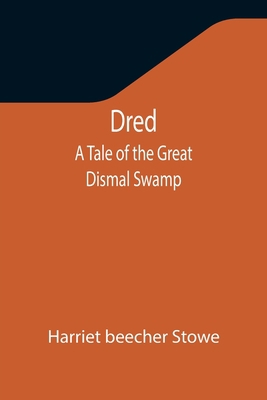
Dred: A Tale of the Great Dismal Swamp
The book "" Dred: A Tale of the Great Dismal Swamp, has been considered important throughout the human history, and so that this work is never forgotten we have made efforts in its preservation by republishing this book in a modern format for present and future generations. This...
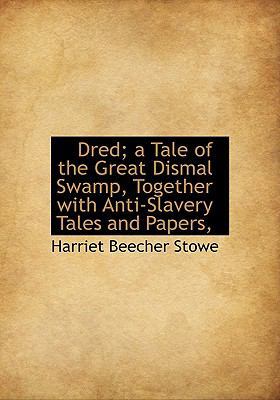
Dred; a Tale of the Great Dismal Swamp, Togethe...
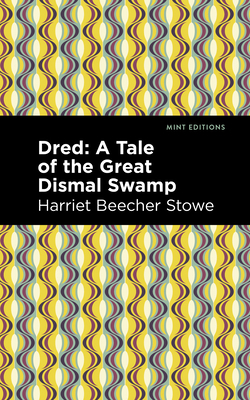
Dred: A Tale of the Great Dismal Swamp
Dred: A Tale of the Great Dismal Swamp (1856) is a historical novel by Harriet Beecher Stowe. Although her career peaked with the publication of abolitionist novel Uncle Tom's Cabin (1852), Stowe continued to work as a professional writer throughout her life...



